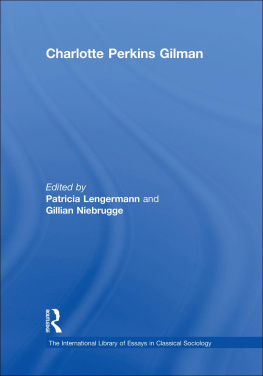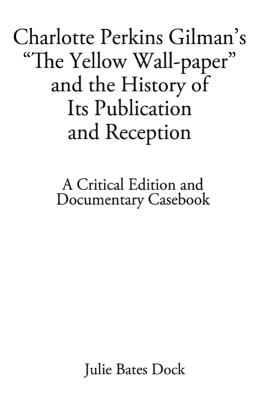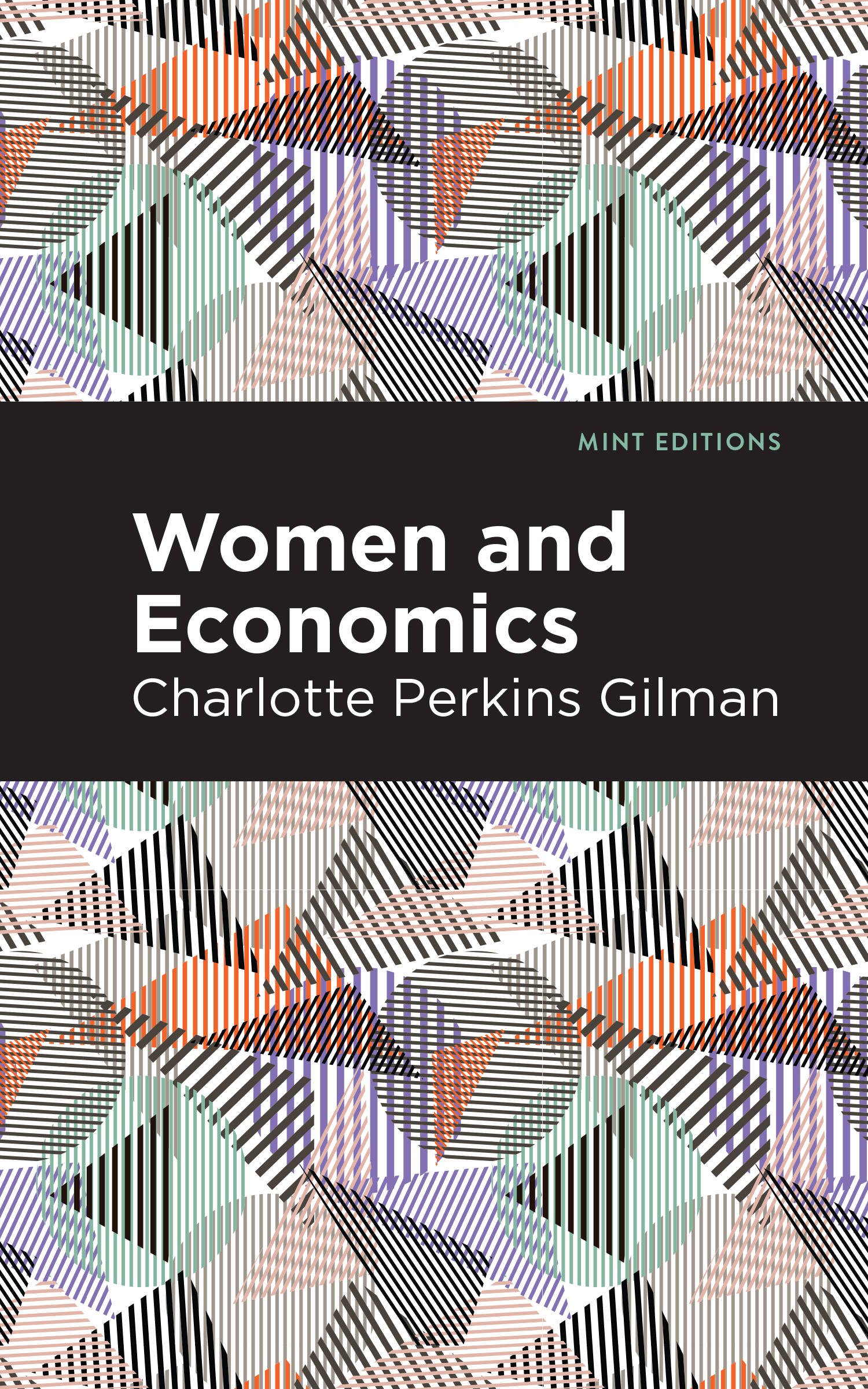PREFACE
In dark and early ages, through the primal forests faring,
Ere the soul came shining into prehistoric night,
Twofold man was equal; they were comrades dear and daring,
Living wild and free together in unreasoning delight.
Ere the soul was born and consciousness came slowly,
Ere the soul was born, to man and woman, too,
Ere he found the Tree of Knowledge, that awful tree and holy,
Ere he knew he felt, and knew he knew.
Then said he to Pain, I am wise now, and I know you!
No more will I suffer while power and wisdom last!
Then said he to Pleasure, I am strong, and I will show you
That the will of man can seize youaye, and hold you fast!
Food he ate for pleasure, and wine he drank for gladness.
And woman? Ah, the woman! the crown of all delight!
His nowhe knew it! He was strong to madness
In that early dawning after prehistoric night.
Hishis forever! That glory sweet and tender!
Ah, but he would love her! And she should love but him!
He would work and struggle for her, he would shelter and defend her
She should never leave him, never, till their eyes in death were dim.
Close, close he bound her, that she should leave him never;
Weak still he kept her, lest she be strong to flee;
And the fainting flame of passion he kept alive forever
With all the arts and forces of earth and sky and sea.
And, ah, the long journey! The slow and awful ages
They have labored up together, blind and crippled, all astray!
Through what a mighty volume, with a million shameful pages,
From the freedom of the forests to the prisons of to-day!
Food he ate for pleasure, and it slew him with diseases!
Wine he drank for gladness, and it led the way to crime!
And woman? He will hold herhe will have her when he pleases
And he never once hath seen her since the prehistoric time!
Gone the friend and comrade of the day when life was younger,
She who rests and comforts, she who helps and saves.
Still he seeks her vainly, with a never-dying hunger;
Alone beneath his tyrants, alone above his slaves!
Toiler, bent and weary with the load of thine own making!
Thou who art sad and lonely, though lonely all in vain!
Who hast sought to conquer Pleasure and have her for the taking,
And found that Pleasure only was another name for Pain
Nature hath reclaimed thee, forgiving dispossession!
God hath not forgotten, though man doth still forget!
The woman-soul is rising, in despite of thy transgression
Loose her now, and trust her! She will love thee yet!
Love thee? She will love thee as only freedom knoweth!
Love thee? She will love thee while Love itself doth live!
Fear not the heart of woman! No bitterness it showeth!
The ages of her sorrow have but taught her to forgive!
I
Since we have learned to study the development of human life as we study the evolution of species throughout the animal kingdom, some peculiar phenomena which have puzzled the philosopher and moralist for so long, begin to show themselves in a new light. We begin to see that, so far from being inscrutable problems, requiring another life to explain, these sorrows and perplexities of our lives are but the natural results of natural causes, and that, as soon as we ascertain the causes, we can do much to remove them.
In spite of the power of the individual will to struggle against conditions, to resist them for a while, and sometimes to overcome them, it remains true that the human creature is affected by his environment, as is every other living thing. The power of the individual will to resist natural law is well proven by the life and death of the ascetic. In any one of those suicidal martyrs may be seen the will, misdirected by the ill-informed intelligence, forcing the body to defy every natural impulseeven to the door of death, and through it.
But, while these exceptions show what the human will can do, the general course of life shows the inexorable effect of conditions upon humanity. Of these conditions we share with other living things the environment of the material universe. We are affected by climate and locality, by physical, chemical, electrical forces, as are all animals and plants. With the animals, we farther share the effect of our own activity, the reactionary force of exercise. What we do, as well as what is done to us, makes us what we are. But, beyond these forces, we come under the effect of a third set of conditions peculiar to our human status; namely, social conditions. In the organic interchanges which constitute social life, we are affected by each other to a degree beyond what is found even among the most gregarious of animals. This third factor, the social environment, is of enormous force as a modifier of human life. Throughout all these environing conditions, those which affect us through our economic necessities are most marked in their influence.
Without touching yet upon the influence of the social factors, treating the human being merely as an individual animal, we see that he is modified most by his economic conditions, as is every other animal. Differ as they may in color and size, in strength and speed, in minor adaptation to minor conditions, all animals that live on grass have distinctive traits in common, and all animals that eat flesh have distinctive traits in commonso distinctive and so common that it is by teeth, by nutritive apparatus in general, that they are classified, rather than by means of defence or locomotion. The food supply of the animal is the largest passive factor in his development; the processes by which he obtains his food supply, the largest active factor in his development. It is these activities, the incessant repetition of the exertions by which he is fed, which most modify his structure and develope his functions. The sheep, the cow, the deer, differ in their adaptation to the weather, their locomotive ability, their means of defence; but they agree in main characteristics, because of their common method of nutrition.
The human animal is no exception to this rule. Climate affects him, weather affects him, enemies affect him; but most of all he is affected, like every other living creature, by what he does for his living. Under all the influence of his later and wider life, all the reactive effect of social institutions, the individual is still inexorably modified by his means of livelihood: the hand of the dyer is subdued to what he works in. As one clear, world-known instance of the effect of economic conditions upon the human creature, note the marked race-modification of the Hebrew people under the enforced restrictions of the last two thousand years. Here is a people rising to national prominence, first as a pastoral, and then as an agricultural nation; only partially commercial through race affinity with the Phnicians, the pioneer traders of the world. Under the social power of a united Christendomunited at least in this most unchristian deedthe Jew was forced to get his livelihood by commercial methods solely. Many effects can be traced in him to the fierce pressure of the social conditions to which he was subjected: the intense family devotion of a people who had no country, no king, no room for joy and pride except the family; the reduced size and tremendous vitality and endurance of the pitilessly selected survivors of the Ghetto; the repeated bursts of erratic genius from the human spirit so inhumanly restrained. But more patent still is the effect of the economic conditionsthe artificial development of a race of traders and dealers in money, from the lowest pawnbroker to the house of Rothschild; a special kind of people, bred of the economic environment in which they were compelled to live.






